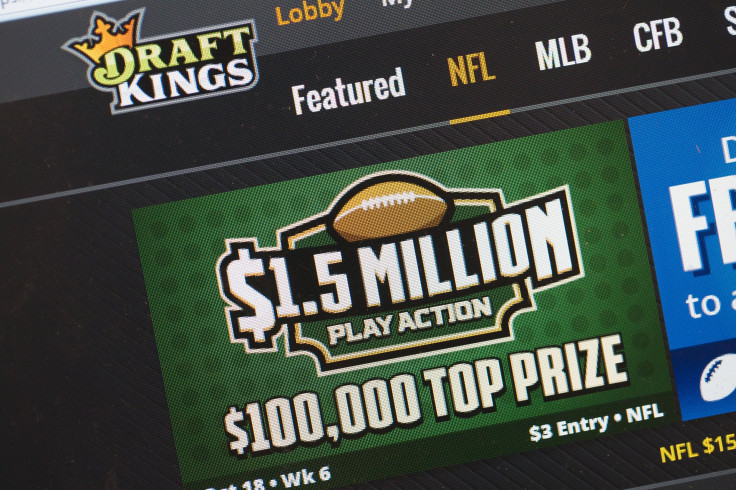Alternatives To FanDuel And DraftKings: Why Haven’t All Daily Fantasy Sports Companies Been Targeted By Schneiderman?

Over the past week, New York’s more committed daily fantasy sports players have probably noticed that in his quest to wipe out daily fantasy sports in the state of New York, Attorney General Eric Schneiderman may have missed a few spots. Schneiderman contends the practice violates the state’s century-old prohibition on sports betting, and he has sought to put a stop to it. But while FanDuel suspended its New York operations, and DraftKings has been called on to do the same, it takes minimal effort to find other daily fantasy games online through a number of different operators, including one owned by USA Today.
According to the New York Times, Schneiderman’s office added a third company, Yahoo Inc., to the list of companies that have been subpoenaed on Monday afternoon. But gaming attorneys and experts report that the attorney general may not have to target everybody by name to take out the nascent industry.
“I don't think this is like a game of whack-a-mole,” said Jeff Ifrah, a Washington-based gaming attorney who is licensed to practice in New York State. “You can bring complaints against the vast majority of the industry and hope the industry falls into line.”
FanDuel and DraftKings represent the overwhelming market leaders. A report released today by the daily fantasy analytics company SuperLobby shows those two companies comprise 98 percent of the daily fantasy activity around NBA games and players.
And while attorneys for one or both companies could protest that Schneiderman is guilty of something called selective prosecution, there’s nothing to stop his office from sending subpoenas to the rest of the daily fantasy world, but it may not be necessary.
Swift Justice
Ordinarily, the disappearance of an industry’s top two players would create a vacuum that smaller rivals would fight desperately to fill. But in this case, their window of opportunity may be too narrow. On Wednesday, a judge will decide whether to place a temporary restraining order on both DraftKings and FanDuel that would bar them from doing business in New York State, a large market that’s home to some 12 percent of all daily fantasy sports activity in the United States, according to the Fantasy Sports Trade Association.
If the judge decides to grant that temporary restraining order, it would put daily fantasy behind the eight ball. Typically, temporary restraining orders are granted only when there is plainly evidence that immediate, irreparable harm is being done. The best argument for that would be that gambling is going on.
“The court will effectively decide the case [on Wednesday],” said Daniel Schiffman, Esq., a gaming attorney based in New York and a member of the Masters of International Gaming Law. “The temporary restraining order is effectively a decision.”
Game Over?
While the attorney general has called on just three companies to halt their operations, the matter being considered would affect all daily fantasy game operators, including those not yet named in the investigation, because there is not enough difference between the games they offer to exempt them from the attorney general’s charge that daily fantasy sports are a kind of gambling.
“I don't think there's a business model that's so significantly different that it could say this doesn't apply [to us],” said Karl Sleight, an attorney in the law firm Harris Beach’s gaming practice.
Whether or not a temporary restraining order is granted next week, the court will ultimately have to make a decision about whether chance plays any role in the outcome of daily fantasy contests. In New York State, there are three things that must be considered when determining whether a game constitutes gambling: whether participants put in some kind of money to play, called “consideration”; whether there is an expectation that the winner will receive a prize; and whether there is what’s called a “material element” of chance involved. That differs from most other U.S. states, which hold that chance must be the predominant factor determining a game’s outcome.
If a New York court determines that daily fantasy sports constitute gambling, then that could have a knock-on effect in other states that hold this standard. “It could spread like crabgrass,” Sleight said.
© Copyright IBTimes 2024. All rights reserved.





















